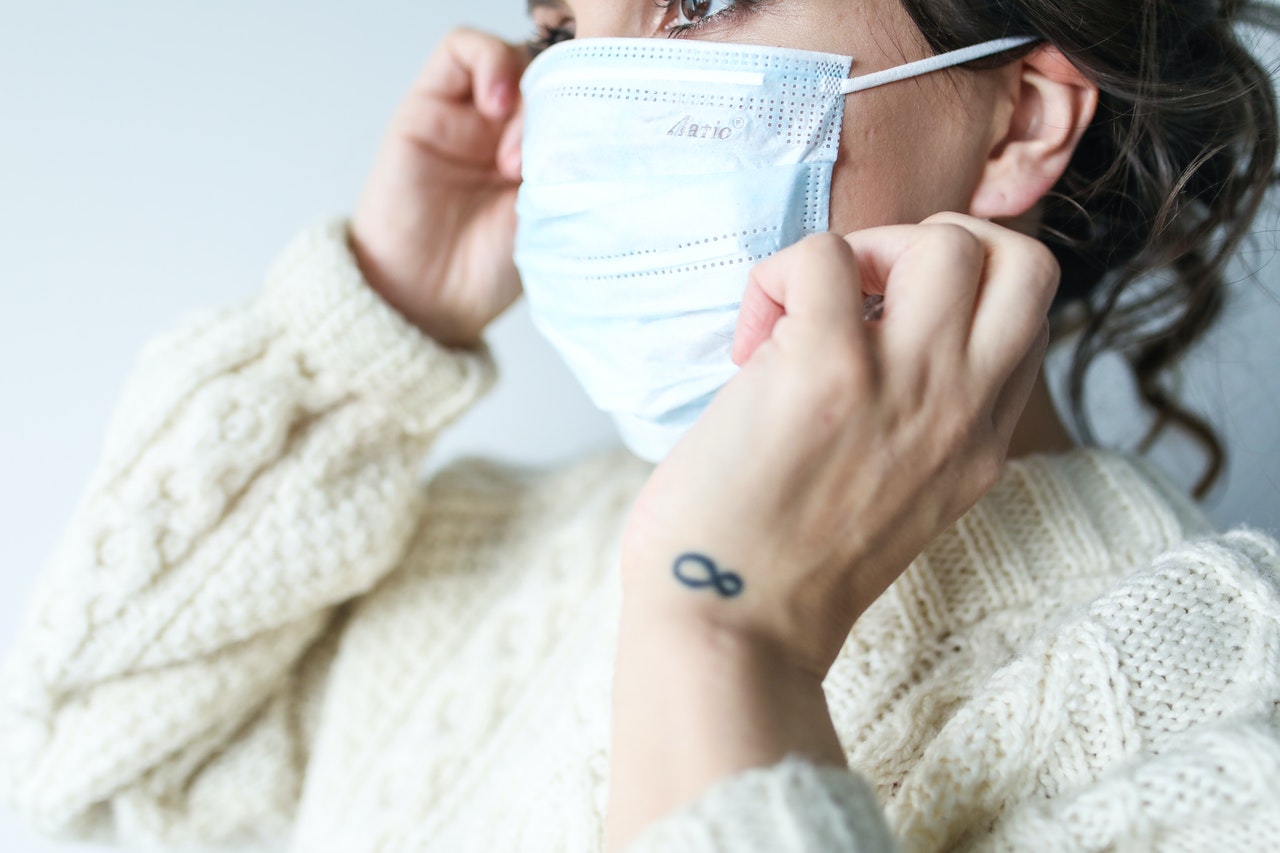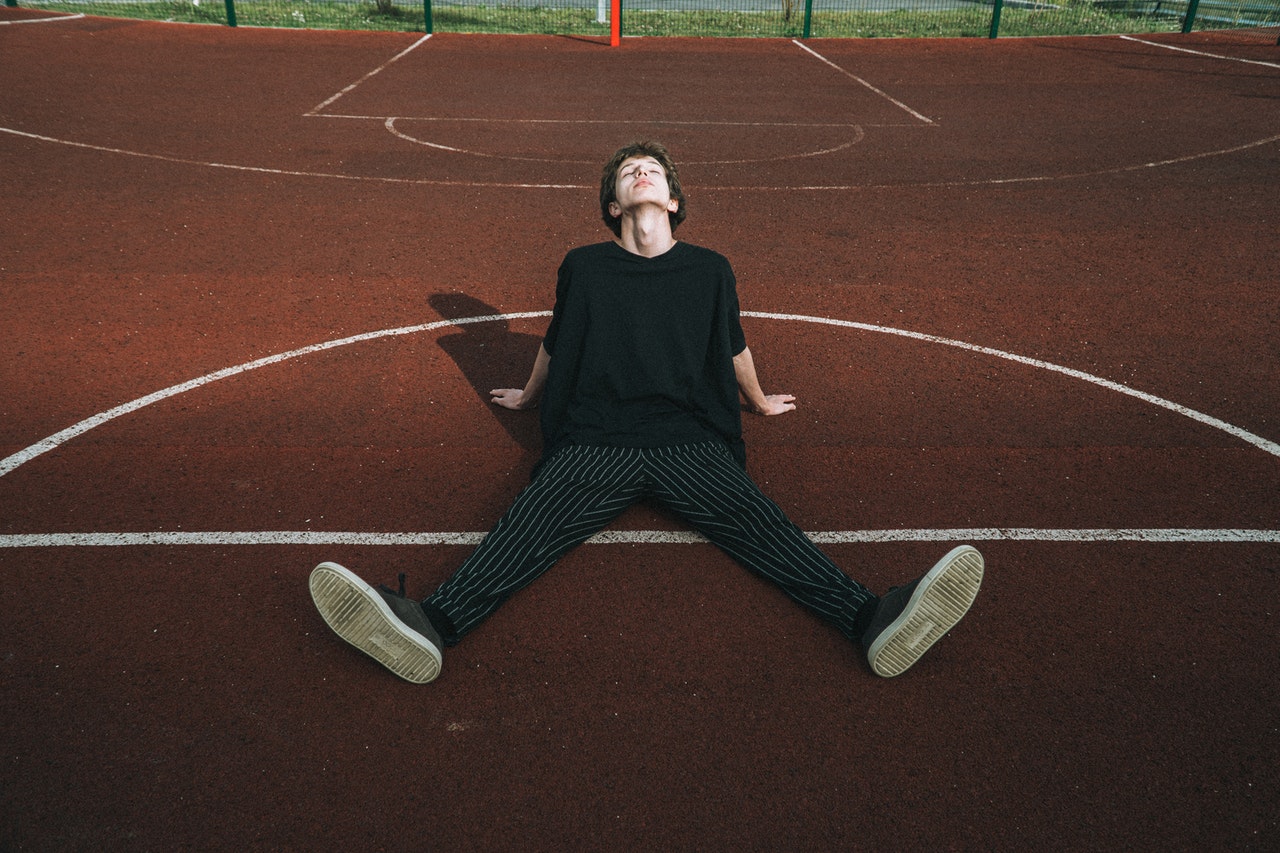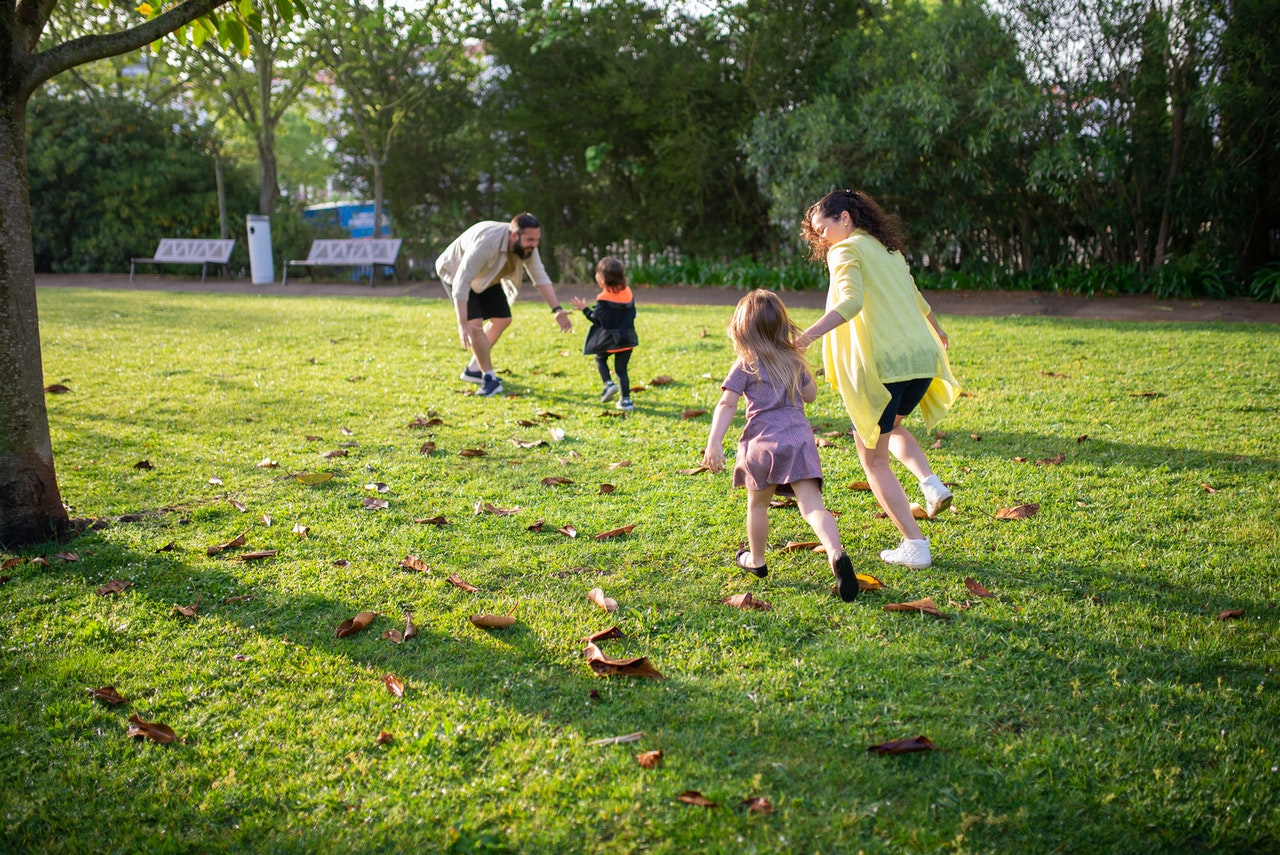The stresses Australians have faced due to extended lockdowns have led to some positive changes in how we can access mental health support care. We now have permanent access to telehealth services and if we need to we can use up to 20 Medicare-rebated psychology sessions (4) this year. Psychologists have their fingers crossed that the Government will also make the 20 sessions a year a permanent thing.
The growing number of Australian men, women and children reaching out for support also suggests that we are more willing to ask for help and more aware of when we need help.

The growing number of Australian men, women and children reaching out for support also suggests that we are more willing to ask for help and more aware of when we need help.
In spite of the record numbers of people asking for support, the pandemic hasn’t been all bad news. Many people embraced the opportunity to spend more quality time at home with their families and close friends. Some other positives reported included better self-care focused on leisure time, exercise, getting outside in the fresh air and sunshine, cooking at home, taking up new hobbies, and generally living a calmer life. Some people really enjoyed the flexibility of being able to work from home, and indeed, some people have made that a permanent part of their work life (5).
While living with the ongoing reality of Covid-19 becomes our new normal, these positive lessons of lockdown do not need to be forgotten as we move forward into our brave new world.
Living the Lessons from Lockdown
What are the lessons from lockdown, you ask? I want to first focus on staying calm. As the world picks up its pace, you can still take a sense of calm with you simply by learning to step into relaxed mode.Lockdown lesson 1: Slow down and breathe!
Slowing your pace and giving yourself time to think is incredibly important in reducing the impact of stress in your oh-so-busy life. Practising mindfulness is one way to achieve that. Mindfulness is the act of being fully aware of yourself and your surroundings in the present moment. It encourages us to slow down our thoughts and focus on our senses. Mindfulness exercises often start with the breath, and one of the most powerful breathing techniques to help you shift your body into relaxed mode is diaphragmatic breathing.Let me teach you a new and easy way to breathe into your diaphragm. Let me teach you to breathe through your eyes (6)!

How to Breathe Through Your Eyes
Firstly, take a normal breath in through your nose. Notice that the breath appears to flow into your nostrils and then simply disappear.Now take another long slow breath in through your nose. This time I want you to imagine the breath flowing so far up your nose that it dives out through the bridge of your nose and flows into your eyes. Focus on feeling the breath in your eyes.
It may feel like a sense of coolness or a light breeze across the surface of your eyes, or as though your eyes are gently being sucked into your head a little. It’s a weird feeling, but the best thing is that your body immediately relaxes as the shift into relaxed mode is triggered by your breath.
Take the time now to practise the technique until you feel confident you’ve got it. Notice your body relax as you breathe. Notice your shoulders let go. Now, how easy was that?
Lockdown lesson 2: Exercise as a Social Activity
Spending quality time with friends and family and getting more exercise were two of the activities that we embraced wholeheartedly through the pandemic. Social connection and exercise are good for your mood. They are, in fact, both associated with mental wellness, so why not combine the two? Embrace the idea of exercising with friends. Go to the beach, go for a bushwalk, take the kids to the park, join a walking group, play team sports, or get a group together to join The Push-Up Challenge this year. The possibilities are virtually endless. Many options come with the added benefits of getting outdoors into the fresh air and sunshine (both of which have mental and physical health benefits in their own right).Embrace the lessons of lockdown. Focus on living your best life. Stay healthy. Enjoy quality time with family and friends. Be kind to yourself, and don’t forget to take time out to smell the roses.

Dr Tracey Zielinski
Dr Zielinski is a clinical psychologist with more than 20 years’ experience working primarily with adults and older adults. She currently runs her own telehealth private practice and has recently published her first book. Tracey is passionate about helping people step into the best relationship they have ever had with themselves.
Website: www.getittogetherforever.com
References
1. World Heath Organization. COVID-19 pandemic triggers 25% increase in prevalence of anxiety and depression worldwideCOVID-19 pandemic triggers 25% increase in prevalence of anxiety and depression worldwide. 2022.
2. Australian Psychological Society News Update. 1 in 3 psychologists are unable to see new clients, but Australians need help more than ever. https://psychology.org.au/. 2022.
3. Australian Institute of Health and Welfare. Mental health services in Australia. https://www.aihw.gov.au/reports/mental-health-services/. 2022.
4. Cavenett T. Telehealth made permanent, and MBS additional sessions extended to December 2022. https://psychology.org.au/. 2021.
5. Cornell S, Nickel B, Cvejic E, Bonner C, McCaffery KJ, Ayre J, et al. Positive outcomes associated with the COVID-19 pandemic in Australia. Health Promotion Journal of Australia. 2022 Apr;33(2):311–9.
6. Zielinski T. Get it Together Forever! The Ultimate Guide to Stepping into Control of Your Own Life. Diamond Creek, Victoria, Australia: Ultimate World Publishing; 2021.




